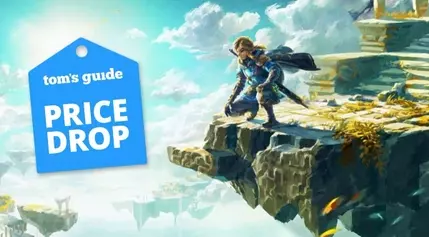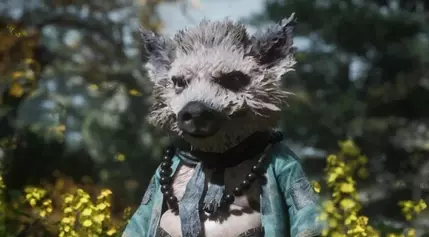In 2024, the video game industry experienced a tumultuous year marked by widespread layoffs, studio closures, and heightened online harassment. The challenges faced by developers were multifaceted, encompassing economic downturns, increased development costs, and shifts in consumer behavior. Amidst these difficulties, some studios managed to release critically acclaimed games, but the overall narrative of the year was one of struggle and uncertainty. The industry's resilience was tested as it navigated through these turbulent times, with many questioning the future stability of employment and innovation in gaming.
Industry Turmoil: Layoffs and Studio Closures
The video game sector witnessed an unprecedented wave of job losses and studio closures in 2024. Thousands of developers found themselves out of work, with layoffs reaching record highs. The impact was felt across all levels of the industry, from major corporations to independent developers. Many factors contributed to this crisis, including rising production costs, changes in consumer spending habits, and the lingering effects of global events. Despite some successes in labor organizing, the collective brain drain continued as workers lost their jobs en masse. By mid-year, the number of layoffs had already surpassed the total for the previous year, signaling a particularly grim outlook for the remainder of 2024.
The reasons behind the layoffs are complex and varied. Development costs have skyrocketed, making it increasingly difficult for studios to maintain profitability. Additionally, staffing models within studios have come under scrutiny, with concerns over mismanagement and inefficiencies. Consumer spending patterns have shifted, leading to decreased revenue streams for many companies. Furthermore, the pricing of games has become a contentious issue, as developers struggle to balance affordability with financial viability. This perfect storm of challenges has created an environment where even successful titles cannot guarantee job security for those involved in their creation.
Online Harassment and Diversity Backlash
Parallel to the economic struggles, the gaming community faced a resurgence of online harassment targeting developers and their projects. Right-wing groups have been particularly vocal in attributing the industry's woes to diversity and inclusion initiatives. These groups have propagated the notion that any game featuring diverse characters or themes is doomed to fail commercially. This simplistic and harmful narrative has overshadowed more nuanced discussions about the root causes of the industry's problems. Developers have found themselves not only battling economic pressures but also defending against relentless attacks on social media platforms.
Small indie studios have been especially vulnerable to these attacks, often lacking the resources to mount effective defenses. Some developers have taken innovative approaches to securing funding, such as launching initiatives to support fellow creators. However, these efforts have been met with additional hostility from anti-diversity groups. Major studios have not been immune either, with several high-profile closures occurring despite the success of their recent releases. The pressure to remain apolitical has led to censorship-like guidelines for content creators, further complicating the landscape. As the year draws to a close, the specter of AI looms large, raising concerns about its potential impact on employment and creativity in the gaming world. The path forward remains uncertain, with both opportunities and challenges ahead for the industry.




















